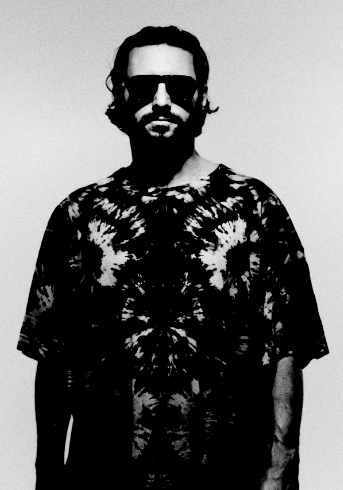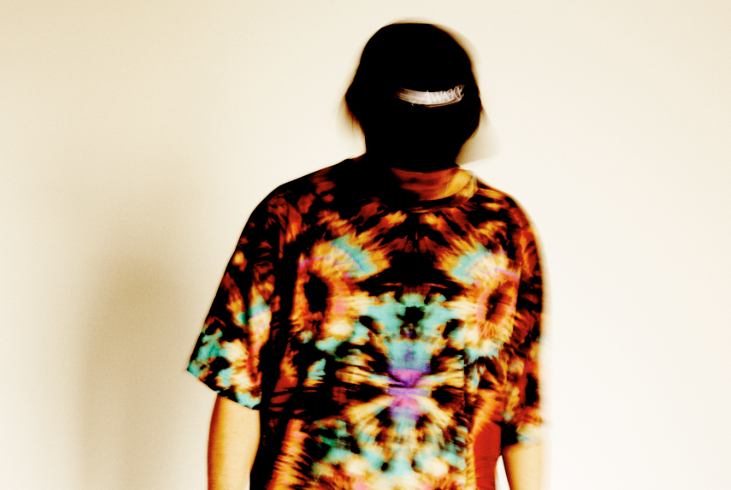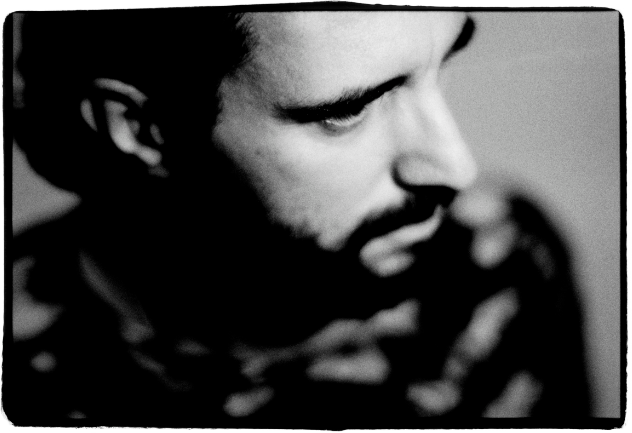British dance music producer and DJ Paul Woolford has been raising the bar in more ways than one lately. Having scored a hit single in 2020 with Diplo and Kareen Lomax collaboration Looking For Me, Woolford has followed up with a soaring anthem that perfectly embodies his trademark sound.
HEAT echoes a sense of yearning for those long summer days, combining rousing piano chords and strings with the soul-drenched vocals of Grammy-nominated singer-songwriter Amber Mark. Here, Woolford provides Headliner with a candid insight into how the track came together, his rugged new Special Request project, and why he wrestled with his own creativity for a number of years.
Growing up in Leeds, Yorkshire, Woolford in his early days was inspired by the club night Back to Basics, and eventually established a seven-year residency there. The experience was a pivotal one, enabling him to develop his DJing techniques and shape his sound:
“Most people buy dance music after hearing it in a club context first, but for me it was completely the other way around,” begins Woolford. “I was going there every week for years before I was a resident, and it was a labour of love. I have wild memories of that club burned into my synapses forever.
“I learnt how to properly open a room and make it feel welcoming; I learnt how to jump on and perform properly when somebody does not turn up; I learnt through making every mistake in the book how to DJ properly in all contexts.”
This then overlapped for a year or two with his weekly residency at We Love Space, a long-running Sunday party at Space in Ibiza which he started playing in 2008. Touring the world simultaneously, Woolford soon learnt even more about performing to a very different audience. It was during this time that he developed and refined his re-editing skills into its own area completely, playing sets alongside everyone from Jeff Mills and Carl Craig, to David Guetta and Aphex Twin.







